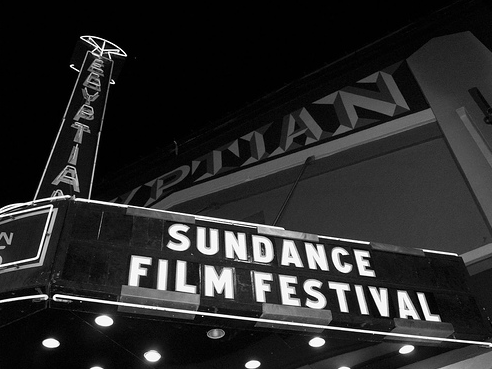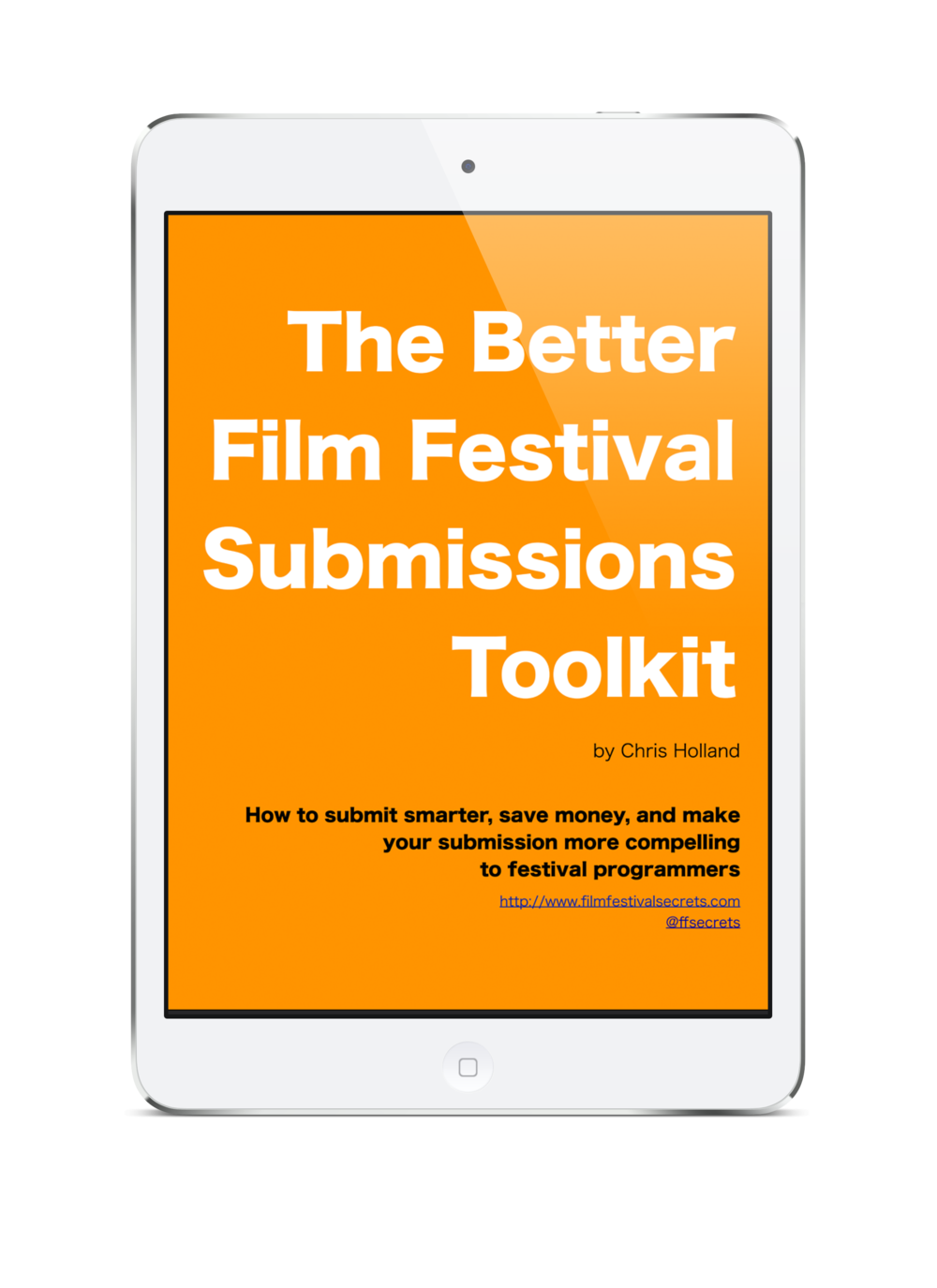For those of us who live in Austin, Texas, few phrases strike such simultaneous dread and delight in our hearts as the three little words "South by Southwest." For the better part of the month of March, this celebration of music, film, and technology turns Austin upside-down. Thousands of people flood into the city to snarl traffic, invade Austin's bars and restaurants, and generally make merry with their fellow hipsters. For a few days, it's great to see everyone. Then it's great to see you all go home again.
If you're not in the film or music industry or living on the bleeding edge of internet technology, you may not even have heard of South By Southwest (hereafter printed as "SXSW" and known colloquially as "South-By"). But for those who work in one of the industries served by this three-headed monster of an event, SXSW looms increasingly large on the professional travel calendar.

What is SXSW?
Simply put, SXSW is a combination trade conference and festival with three overlapping areas of interest: music, film, and interactive technology. While it's possible to purchase admission into the events for just one area of interest, many attendees take advantage of the fact that they can indulge multiple passions in one convenient trip. For years, SXSW has been the place to see emerging musical acts and legends side-by-side regardless of genre. The interactive conference (the fastest growing segment of the event) has become the de facto annual reunion of people who only know one another through their internet occupations. Finally the nine-day film festival (which was added in 1994 along with the interactive conference) plays over 100 films – both features and shorts, including docs and narratives – and hosts a series of film conference panels, workshops, and mentoring sessions as well.
What makes SXSW different from other film festivals?
- The music and interactive conferences that play alongside the film fest make SXSW an event unlike most other film festivals. Festival attendees are thrown into a throng of people who may or may not have any interest in the film festival aspect of the proceedings. Personally I find this makes things more interesting – people from many different backgrounds end up at the same party, so the person next to you at the bar could be a fellow filmmaker or the founder of your favorite internet startup. You won't know which until you start a conversation.
- SXSW is a for-profit entity. Unlike many (probably most) festivals which establish themselves as non-profit tax-exempt entities, SXSW runs itself as a for-profit company. The event still relies on hundreds (thousands?) of volunteers to make things happen, but the company's need to make money to survive often affects their decision-making process.

- Location, location, location. It's rare that a conversation about SXSW won't include some mention of the fact that Austin is a very cool town. It's difficult to envision an event like SXSW taking place in a city that didn't have the critical mass of technology workers, the vibrant boot-strap filmmaking scene, or a reputation as the live music capital of the world. Not to mention a world-class party district downtown, tons of awesome restaurants, and extremely pleasant weather in March, when most of the rest of the country is still suffering the woes of winter. Even if the idea of Texas doesn't appeal to you much, Austin is a great escape early in the year.
Why is it important?
South by Southwest is seen by many in the industry as the first important post-Sundance festival of the year. Sundance kicks off the festival year in January with the movies that they regard as the best in independent film but there's a lot of great stuff that gets left on the metaphorical cutting room floor once Sundance has made its picks. Those films tend to be less polished, edgier films from younger filmmakers, but there are a number of movies that don't fit that description which premiere at SXSW too. Whether SXSW's programming style emerged from picking among Sundance's leavings or whether they would program that way regardless is a matter for some debate. The simple fact remains, however, that a looser, freer atmosphere pervades SXSW than at Sundance. This may have something to do with Utah's trademark single-digit weather and the accompanying wardrobe requirements, but at SXSW there are fewer publicists, fewer industry parasites looking for a break, and generally less stress. If Sundance is the Superbowl, SXSW is the Ultimate Frisbee Championships. Bad analogy? How about this: if Sundance is Carnegie Hall, SXSW is Woodstock.

One might also speculate that fewer deals get made at SXSW as well, and you would be right. SXSW isn't a huge hub of acquisitions activity, but the industry does pay attention to the films that play there. These days, however, distributors are taking an approach that is much more wait-and-see regardless of festival context. Savvy distribution companies are looking for those filmmakers who can attract a critical mass of attention to their films without significant marketing help (i.e. advertising dollars) from a third party. SXSW is an ideal place to begin such a DIY marketing campaign – it's well-attended by the film press and is the center of the internet's attention for a week or more leading up to the event, as well as the days during and after the festival itself. Hanging around the press office and making friends with people who have popular blogs or thousands of followers on Twitter could be the start of your film's success story.
From the perspective of an exhibiting filmmaker, what does SXSW do well?
If you're lucky enough to have been selected to show your film at South By Southwest, you definitely need to show up. The festival provides some aid to visiting filmmakers: competition filmmakers receive a travel stipend and the festival negotiates special rates with local hotels to make the stay more affordable. Feature filmmakers receive three complimentary film badges and shorts receive two. You'll want to take advantage of those badges: not only do they get you into all of the film screenings (a moviegoer's paradise), but a badge also provides access to the Film Conference and nightly parties for which the festival is famous. Of course it's difficult to take advantage of those early morning conference panels when you've been out 'til the wee hours partying, but as in life, SXSW is all about priorities.
Not sure where to get started? The festival provides some advance materials and a welcome lunch to help filmmakers get their bearings. "For the first time this year, we held a filmmaker-only welcome lunch on Friday afternoon, hosted by Troublemaker Studios," says Festival Producer Janet Pierson. "In addition to the lunch, this year and for the last several years we've hosted a filmmaker orientation on Saturday morning. Next year, I believe we'll move the orientation to the welcome lunch if we can. Additionally, in advance of SXSW, we provide a lot of printed materials offering guidance on how filmmakers can make the most of their experience, including publicity tips and advice, and industry lists."
Once you've reached Austin, you definitely want to be present for some of the nighttime events, both to promote your film's screenings and to meet other filmmakers and industry types. The press is also easily accessible since there is a highly-identifiable press lounge in the convention center. If you're in the mood for some learnin', drop in on one of the many filmmaking panels on an array of different topics. Perhaps the best part of SXSW, however, is the way it recharges your creative batteries. With so many smart and talented people around doing so many cool things, it's difficult not to get swept up in the enthusiasm. That's what good conferences do: rekindle your passion for your art, and help you to improve that art in the process.
Where does SXSW need help?
Every event has its weaknesses and SXSW is no different. In the case of this mammoth event they might be problems that other festivals wish they could have, but here's my quick assessment of areas where SXSW could improve.
- Too many venues, too many movies. In some ways SXSW is a victim of its own success and this is definitely one of those ways. While the downtown venues are reasonably accessible and it's no more than a fifteen-minute walk between any two of them, the "off-campus" venues can feel impossible to get to, especially when you factor in traffic and parking. I don't think I saw a single film at the Alamo South Lamar during this year's festival. Granted, the organization has taken steps to remedy this sort of thing recently; they no longer use the Dobie Theater as a venue, for one thing. Shuttle buses were apparently running between downtown and the South Lamar location as well, but for some reason I never felt well-informed enough to use them. (My own laziness is at fault here; kudos to SXSW for providing shuttles at all.)
One might also argue that there are simply too many movies competing for attention; a reduction in the number of movies might make for a less hectic screening schedule. I don't see this changing any time soon, however, so the best bet is to keep close track of the buzz, see the indie pictures without distribution that you really want to see (don't waste time on studio "sneak previews" that will be out in a few months), and try to catch up with the others at other festivals or on DVD at a later date.
(To digress for a moment: this year's new "priority seating" ticketing system seemed to work well enough when the theater volunteers actually knew about the procedures and followed them. Regardless, with a film badge I don't think I ever got shut out of a screening I wanted to see, provided I got there at least 30 minutes ahead of showtime. Ticketing is one of those things that festivals seem to forever be tinkering with, so I expect to see this system either evolve further or die entirely in the coming year.)

- Panel programming is hit or miss. Programming a conference is an art; it requires a familiarity of what the audience wants, access to engaging and knowledgeable speakers, and strong moderators to keep the conversation flowing. As with so many events large and small, it is this third element where SXSW occasionally stumbles. A bad moderator can squash any promising discussion and all too often the moderators at SXSW did just that: they allowed panelists to pontificate at length and off-topic, they failed to intercept rambling audience questions, and at times they even hijacked the panels to further their own agendas. One moderator began the panel by reading aloud an entry from his blog – the audience was asleep before the discussion had a chance to begin. It is difficult to find people who are both good at moderating and willing to do so, but a good discussion leader is the single most deciding factor between a great panel and a bad one. SXSW should find the good ones and, if necessary, pay them to stick around.
Beyond the moderator complaint, I did notice that some of the panels could wander deep into "inside baseball" territory. I realize that it's hard for industry vets to remember life as a film fest newbie, but some care should be taken to warn panelists against assuming that everyone in the room reads indieWIRE religiously and has a comprehensive knowledge of the mumblecore catalog. Other panelists seemed underprepared or simply inappropriate for the panel -- in one case the filmmakers' circumstances of achieving success were so impossible to reproduce that his comments were practically useless. "We got incredibly lucky" isn't much of an insight.
- All of these things said, the panels can be incredibly informative – especially if you're willing to bail out on a session that turns out to be a dud and move on to something else already in progress. SXSW has considerable clout in the industry and it would be foolish not to take advantage of the access to the people they gather into these conference rooms each year. Some of my complaints above are within the festival's control and some are simply a part of running an educational event, but with some planning and the right attitude there's a lot to be learned by showing up.
Who should attend?
If you're not exhibiting a film in the festival, your attendance should be tempered by your budget and by the festival's relevance to your career. If you're looking for celebrity actors to populate your next feature you're probably better off heading to Park City or Los Angeles, but if you want to meet scrappy, inspiring filmmakers with whom to start shooting your new webisode series, Austin is the right place to be. Because of the concurrent music and technology events hotels fill up quickly and lodging can cost you a pretty penny (or at least require you to rent a car to commute into the city each day if you find an outlying budget hotel), so definitely weigh the pros and cons. It would suck to spend a few inspiring days in Austin only to find that you'd spent your production budget on SXSW.
Who should apply?
SXSW has an extremely wide purview, content-wise; lush, thoughtful dramas seem as welcome as guerilla-style documentaries, though there are definitely more of the latter that get programmed at the festival. If your film is about music in any way, SXSW is a great place to submit. They're always hungry for good music-related material, be it music videos, music documentaries, or narrative films centered on music. Films related to Texas and the West are also favored, though the fact that your film was made in the Lone Star State (or even in Austin itself) is no guarantee that it will be accepted. Beyond that, SXSW is undeniably a top tier festival and should be high on the target list of any indie filmmaker looking to make the festival rounds.
(Full disclosure: I participated in the SXSW documentary film pre-screening process this past year and hope to continue to do so. They were also kind enough to host a book signing for
Film Festival Secrets during the 2009 festival.)



 With the Park City festivals (Sundance, Slamdance, and other 'dances that come and go with the years) just a week away, I thought this was a good time to check in with Chris Thilk about some of the philosophies and techniques of promoting an indie film at a large festival.
Let's say I'm a filmmaker with a feature film playing at Sundance or Slamdance. I'm aware that million-dollar advance checks are few and far between, but I'd like to give my film the best chance possible for finding a distributor and/or an audience. What are some realistic expectations to set for this experience?
With the Park City festivals (Sundance, Slamdance, and other 'dances that come and go with the years) just a week away, I thought this was a good time to check in with Chris Thilk about some of the philosophies and techniques of promoting an indie film at a large festival.
Let's say I'm a filmmaker with a feature film playing at Sundance or Slamdance. I'm aware that million-dollar advance checks are few and far between, but I'd like to give my film the best chance possible for finding a distributor and/or an audience. What are some realistic expectations to set for this experience? What are some of the most/least effective gimmicks and techniques you've seen at Park City?
What are some of the most/least effective gimmicks and techniques you've seen at Park City? The Austin Film Festival begins this Thursday, and as it is the festival where I got my start "on the inside" of fests, it holds a special place in my heart. I'll be checking out the films, schmoozing at the parties, and of course rattling on about festivals, marketing, and film distribution at a few panels during the accompanying Screenwriters' (and filmmakers!) Conference. Here's where you can find me, and when:
Thursday, October 22nd at 2:45 p.m. -
The Austin Film Festival begins this Thursday, and as it is the festival where I got my start "on the inside" of fests, it holds a special place in my heart. I'll be checking out the films, schmoozing at the parties, and of course rattling on about festivals, marketing, and film distribution at a few panels during the accompanying Screenwriters' (and filmmakers!) Conference. Here's where you can find me, and when:
Thursday, October 22nd at 2:45 p.m. -  A couple of weeks ago, while we here in Austin were enjoying the film frenzy that is
A couple of weeks ago, while we here in Austin were enjoying the film frenzy that is  I've been to Toronto before for Hot Docs, but this will be my first trip there for "Toronto" - the shorthand for the
I've been to Toronto before for Hot Docs, but this will be my first trip there for "Toronto" - the shorthand for the  Fellow Austinite Lucas Martell has been hitting the fest circuit with his new short, Pigeon Impossible. (You may recall that
Fellow Austinite Lucas Martell has been hitting the fest circuit with his new short, Pigeon Impossible. (You may recall that  Since 2007 the
Since 2007 the 



 In a smart move for the filmmakers and possibly for Samsung as well,
In a smart move for the filmmakers and possibly for Samsung as well, 


